Thread : la différence invisible
Parfois, 140 caractères c’est insuffisant. Alors il y a les tweetstories (ou thread) : des histoires racontées en plusieurs tweets qui sont devenues un style à part entière sur Twitter.
Aujourd’hui nous mettons en avant la tweetstory de @SchneidRemarks qui a découvert par hasard le sexisme que les femmes subissent au quotidien dans leur travail. On a choisi de la traduire pour que tout le monde puisse comprendre de quoi il retourne, on vous laisse la découvrir :
So here's a little story of the time @nickyknacks taught me how impossible it is for professional women to get the respect they deserve:
— Martin R. Schneider (@SchneidRemarks) March 9, 2017
Voici une petite histoire racontant comment @nickyknacks m’a appris en quoi il était impossible pour les femmes d’obtenir le respect qu’elles méritent dans leur vie professionnelle.
Nicole and I worked for a small employment service firm and one complaint always came from our boss: She took too long to work with clients.
— Martin R. Schneider (@SchneidRemarks) 9 mars 2017
Nicole et moi avons travaillé pour une petite entreprise, et une plainte revenait régulièrement de notre patron : elle prenait trop de temps pour travailler avec les clients.
(This boss was an efficiency-fetishizing gig economy-loving douchebag but that’s another story.)
— Martin R. Schneider (@SchneidRemarks) 9 mars 2017
(Ce patron était un connard fétichiste de l’efficacité, mais c’est une autre histoire.)
As her supervisor, I considered this a minor nuisance at best. I figured the reason I got things done faster was from having more experience
— Martin R. Schneider (@SchneidRemarks) 9 mars 2017
Moi j’étais son supérieur et je considérais qu’il s’agissait là d’un problème mineur. À mes yeux, si je travaillais plus vite, c’est uniquement parce que j’avais plus d’expérience.
But I got stuck monitoring her time and nagging her on the boss’ behalf. We both hated it and she tried so hard to speed up with good work.
— Martin R. Schneider (@SchneidRemarks) 9 mars 2017
J’étais obligé de surveiller sans arrêt son travail pour le patron. On détestait tous les deux ça, et elle a vraiment essayé d’améliorer son efficacité.
So one day I’m emailing a client back-and-forth about his resume and he is just being IMPOSSIBLE. Rude, dismissive, ignoring my questions.
— Martin R. Schneider (@SchneidRemarks) 9 mars 2017
Et un jour j’ai relancé un client par mail à propos de son CV, et il a été juste HORRIBLE. Malpoli, dédaigneux, ignorant mes questions.
Telling me his methods were the industry standards (they weren’t) and I couldn’t understand the terms he used (I could).
— Martin R. Schneider (@SchneidRemarks) 9 mars 2017
Il me disait que ses méthodes suivaient les normes du secteur (ce qui n’était pas le cas) et que je ne comprenais pas les termes qu’il employait (alors que si).
He was entertainment industry too. An industry I know pretty well.
— Martin R. Schneider (@SchneidRemarks) 9 mars 2017
Il était dans l’industrie du divertissement. Une industrie que je connais assez bien.
Anyway I was getting sick of his shit when I noticed something.
Thanks to our shared inbox, I’d been signing all communications as “Nicole”— Martin R. Schneider (@SchneidRemarks) 9 mars 2017
Bref, j’en avais marre de ses conneries, quand j’ai remarqué quelque chose : à cause de notre boîte de réception partagée, tous les messages que je lui envoyais étaient signés “Nicole”.
It was Nicole he was being rude to, not me. So out of curiosity I said “Hey this is Martin, I’m taking over this project for Nicole.”
— Martin R. Schneider (@SchneidRemarks) 9 mars 2017
C’était avec Nicole qu’il était grossier, pas avec moi. Donc par curiosité je lui ai répondu « Hey, c’est Martin, je prends le relais sur ce projet ».
IMMEDIATE IMPROVEMENT. Positive reception, thanking me for suggestions, responds promptly, saying “great questions!” Became a model client.
— Martin R. Schneider (@SchneidRemarks) 9 mars 2017
AMÉLIORATION IMMÉDIATE. Bons échanges, il était satisfait de mes suggestions et répondait rapidement, disant « excellentes questions ! » Il est devenu un client modèle.
Note: My technique and advice never changed. The only difference was that I had a man’s name now.
— Martin R. Schneider (@SchneidRemarks) 9 mars 2017
Remarque : Ma façon de parler et mes conseils n’ont jamais changé. La seule différence est que je parlais en tant qu’homme.
So I asked Nicole if this happened all the time. Her response: “I mean, not ALL the time… but yeah. A lot.”
— Martin R. Schneider (@SchneidRemarks) 9 mars 2017
Alors j’ai demandé à Nicole si cela se passait fréquemment. Sa réponse : « Hé bien, pas tout le temps… mais oui, souvent. »
We did an experiment: For two weeks we switched names. I signed all client emails as Nicole. She signed as me.
Folks. It fucking sucked.— Martin R. Schneider (@SchneidRemarks) 9 mars 2017
Nous avons fait une expérience : pendant deux semaines, nous avons échangés nos signatures. J’ai signé tous les emails client “Nicole” et elle signait “Martin”.
C’était horrible.
I was in hell. Everything I asked or suggested was questioned. Clients I could do in my sleep were condescending. One asked if I was single.
— Martin R. Schneider (@SchneidRemarks) 9 mars 2017
J’ai vécu un enfer. Tout ce que je demandais ou suggérais était remis en cause. Les clients dont j’aurais pu m’occuper en temps normal les yeux fermés étaient condescendants. On m’a demandé si j’étais célibataire.
Nicole had the most productive week of her career.
I realized the reason she took longer is bc she had to convince clients to respect her.— Martin R. Schneider (@SchneidRemarks) 9 mars 2017
Nicole a eu la semaine la plus productive de sa carrière.
J’ai réalisé la raison pour laquelle elle était moins productive : elle devait sans cesse prouver aux clients qu’elle méritait leur respect.
By the time she could get clients to accept that she knew what she was doing, I could get halfway through another client.
— Martin R. Schneider (@SchneidRemarks) 9 mars 2017
Le temps qu’elle convainque un client de sa légitimité, je pouvais m’occuper de 2 clients.
I wasn’t any better at the job than she was, I just had this invisible advantage.
— Martin R. Schneider (@SchneidRemarks) 9 mars 2017
Je n’étais pas meilleur qu’elle, j’avais juste un avantage invisible.
I showed the boss and he didn’t buy it. I told him that was fine, but I was never critiquing her speed with clients again.
— Martin R. Schneider (@SchneidRemarks) 9 mars 2017
J’ai montré tout cela au patron et il n’y a pas cru. Je lui ai dit que c’était ok, mais de ne plus jamais critiquer sa productivité avec les clients.
He conceded that battle, but found ways to hound us both on time in other manners, but again, that’s a different story.
— Martin R. Schneider (@SchneidRemarks) 9 mars 2017
Il a cédé là dessus même s’il a trouvé d’autres moyens de s’acharner sur nous. Mais ça, c’est une autre histoire.
Here’s the real fucked-up thing: For me, this was shocking. For her, she was USED to it. She just figured it was part of her job.
— Martin R. Schneider (@SchneidRemarks) 9 mars 2017
Voici la chose qui craint le plus : pour moi, c’était choquant. Pour elle, c’était une habitude. Elle pensait juste que ça faisait partie de son travail.
(I mean, she knew she was being treated different for being a woman, she’s not dumb. She just took it in stride.)
— Martin R. Schneider (@SchneidRemarks) 9 mars 2017
(Je veux dire, elle savait qu’elle était traitée différemment en tant que femme, elle n’est pas stupide. Elle faisait juste avec.)
Anyway, I’m bad at knowing when to end Twitter threads, but. Yeah. Fucked up, right?
— Martin R. Schneider (@SchneidRemarks) 9 mars 2017
Bon, je sais jamais trop comment finir un thread sur Twitter, mais ouais. Ça craint, hein ?
C’est terminé.
Bonne journée.


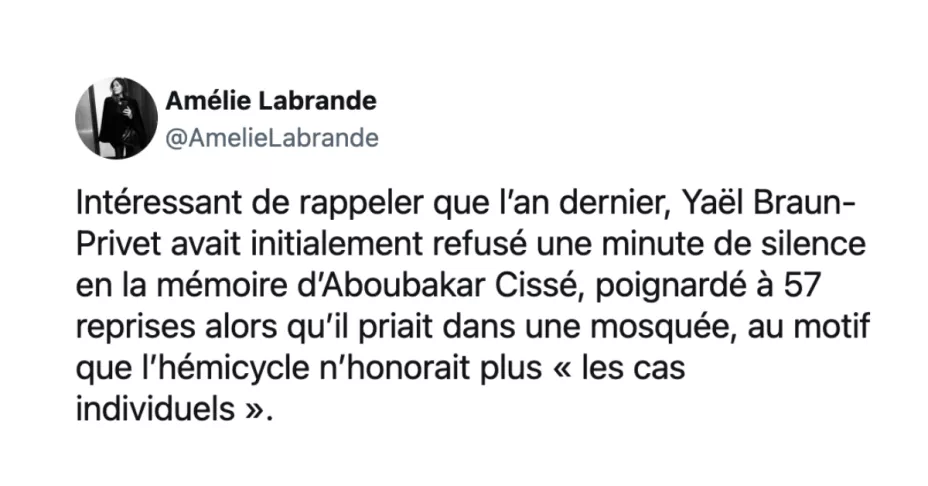


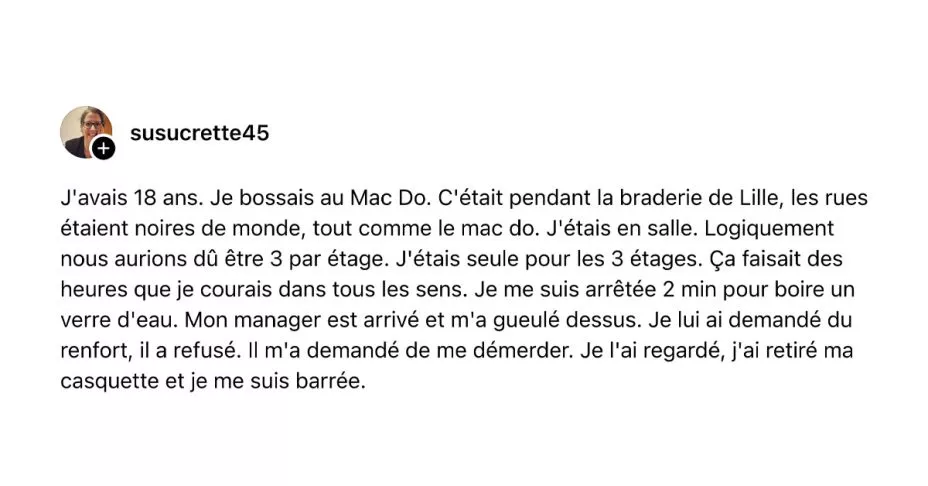



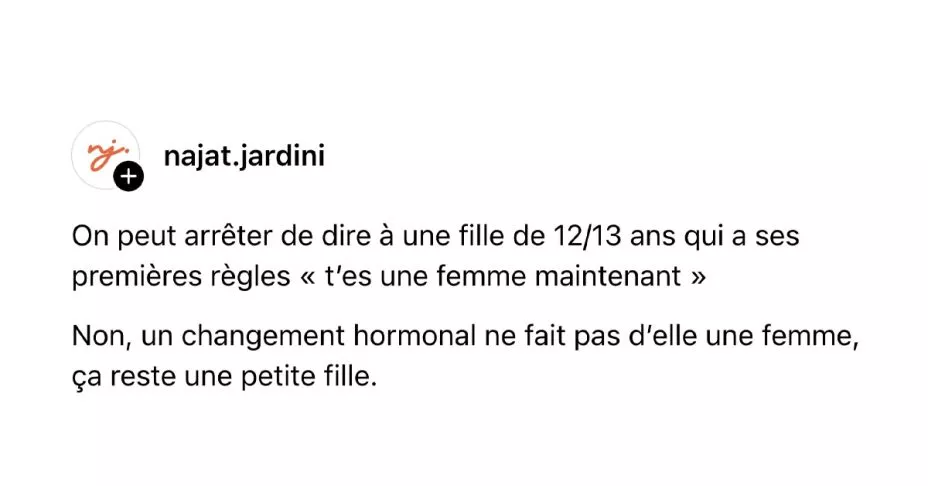
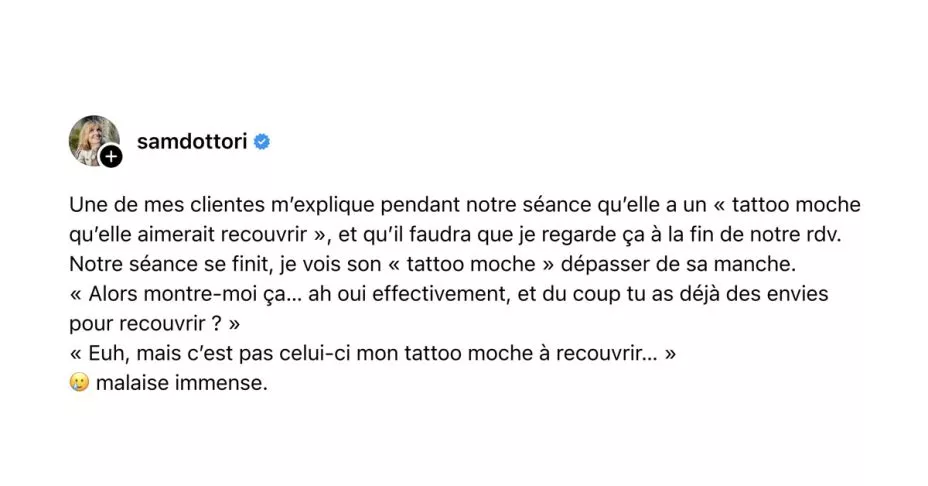

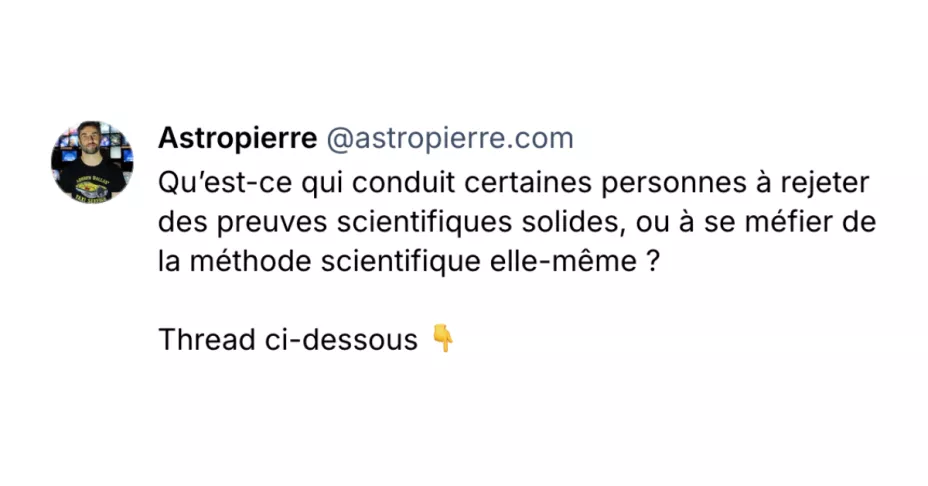

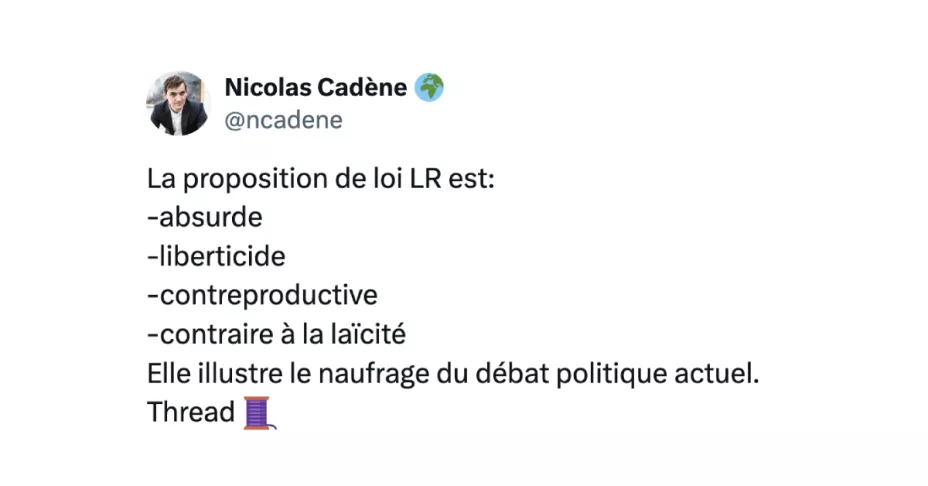
Commentaires 0
comments for this post are closed